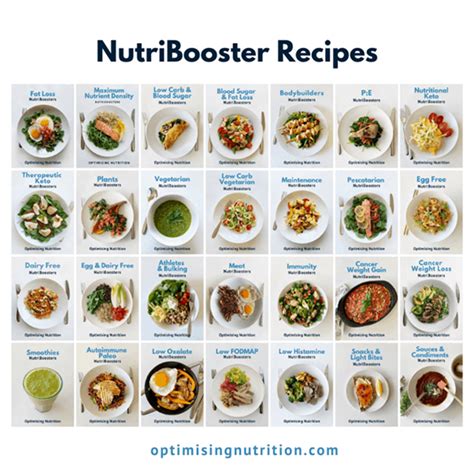Optimize training for peak male performance & rapid muscle recovery?

Unlocking Peak Male Performance and Rapid Recovery
For men striving to maximize their physical potential, the pursuit of peak performance and rapid muscle recovery is a continuous journey. It’s not just about lifting heavy; it’s about a holistic approach that integrates intelligent training, precise nutrition, adequate rest, and strategic recovery techniques. Optimizing these pillars can transform your results, leading to greater strength, endurance, and overall physical prowess, while significantly reducing downtime between sessions.
Strategic Training for Superior Gains
The foundation of peak performance lies in a well-structured training program. This means moving beyond random workouts and embracing principles like progressive overload, where you consistently increase the demands on your muscles over time. Incorporate a mix of resistance training (compound movements like squats, deadlifts, presses), cardiovascular conditioning (HIIT and steady-state), and mobility work.
Periodization, the systematic planning of training, is crucial for sustained progress and preventing plateaus. Varying intensity, volume, and exercise selection over weeks or months allows your body to adapt, rebuild stronger, and avoid overtraining. Focus on proper form to prevent injuries, ensuring every rep contributes effectively to muscle stimulus rather than joint strain.

Fueling Your Engine: Nutrition for Performance and Recovery
What you eat directly impacts your ability to perform and recover. Protein is paramount for muscle repair and growth; aim for 1.6-2.2 grams per kilogram of body weight daily, distributed across meals. Carbohydrates are your primary energy source, essential for high-intensity workouts and replenishing glycogen stores post-exercise. Prioritize complex carbs like whole grains, fruits, and vegetables.
Don’t shy away from healthy fats, which are crucial for hormone production, nutrient absorption, and overall health. Adequate hydration is also non-negotiable; even slight dehydration can impair performance and delay recovery. Drink plenty of water throughout the day, especially before, during, and after workouts.

The Recovery Imperative: Beyond the Gym
Muscle growth and adaptation primarily occur outside the gym, during recovery. Sleep is arguably the most powerful recovery tool. Aim for 7-9 hours of quality sleep per night, as this is when growth hormone is released, and your body repairs itself most efficiently. Establish a consistent sleep schedule and optimize your sleep environment.
Active recovery, such as light cardio, stretching, and foam rolling, can improve blood flow, reduce muscle soreness, and enhance flexibility, all contributing to faster recovery. Contrast showers (alternating hot and cold water) or cold plunges can also aid in reducing inflammation and promoting circulation. Consider incorporating mindfulness or meditation to manage stress, which can also impede recovery.

Monitoring, Adaptation, and Mindset
Listen to your body. Overtraining can be detrimental, leading to decreased performance, increased injury risk, and prolonged recovery. Track your progress – not just weights lifted, but also energy levels, sleep quality, and mood. This data allows you to make informed adjustments to your training and recovery protocols.
A positive and resilient mindset is also a powerful performance enhancer. Embrace challenges, learn from setbacks, and celebrate small victories. Consistency, patience, and a willingness to adapt are key to long-term success in your fitness journey.

Strategic Supplementation (When Appropriate)
While whole foods and proper training form the bedrock, certain supplements can complement your efforts. Creatine monohydrate is widely researched and proven to enhance strength and power. Whey protein can conveniently boost protein intake, especially post-workout. Omega-3 fatty acids may help reduce inflammation, and Vitamin D is crucial for overall health and hormone function. Always consult with a healthcare professional before starting any new supplement regimen.

Optimizing training for peak male performance and rapid muscle recovery is an integrated process. By meticulously planning your workouts, fueling your body with nutrient-dense foods, prioritizing deep recovery, and listening to your body’s signals, you can unlock unparalleled physical potential and sustain a high level of performance for years to come.







